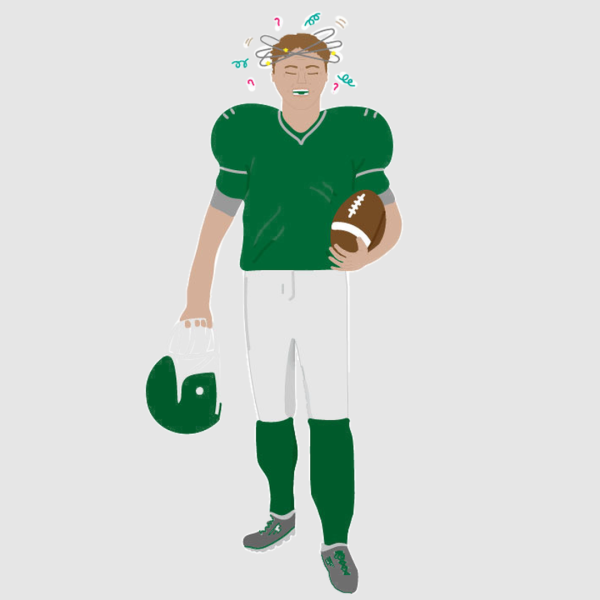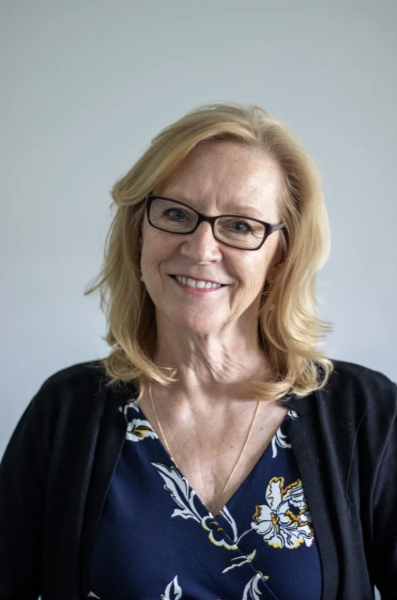Students and teachers discuss pronouns and gender identity
The first week of school is difficult for the incoming freshmen of Free State. Barely fifteen years old, they jump head first into the uncharted territories of high school and hope for the best. Figuring out the quickest path from the band room to biology, attempting to seek out one’s friends at lunch, and picking their premium outfits for the first week all provide stress in a new school, but none of those difficulties can compare to gender identity.
Throughout teenhood, many people attempt to discover their interests, hobbies, friend groups, and ultimately who they are. One’s identity is made up of a variety of aspects, including the gender they identify with.
Many teenagers do not realize that sex and gender are two very different things. One’s sex is defined as their anatomy and birth given reproductive systems while gender is self identifiable. Having male genitalia does not mean that person has to identify as male, and having female genitalia does not mean that person has to identify as female.
“I identify as agender,” freshman Leo Loving said.
Becoming internally aware of one’s gender identity is a process that may not come easily to everyone, and sometimes it is difficult for certain students to accept the outcomes. Being aware of and accepting the gender identity of one’s peers shows respect for their freedom to express who they are.
“When people try to let someone know (about their gender identity), they don’t have to fully understand, but it’s important just to like respect someone else, and you don’t have to go that far out of your way to do that,” Loving said.
Being surrounded by a constantly changing world causes diverse generations, and 2015’s freshman class has brought a massive amount of diversity to Free State. Most students do not know how to ask their fellow peers how they identify or which pronouns they prefer, but awareness of gender identity starts with a simple approach.
“Within the first week of school I’ll kind of try and self identify students who seem to be transgender or gender fluid and ask which pronouns they prefer that I use,” English teacher, Andrew Martin, said. “Some of them tell me one specific pronoun, male or female, and some just ask me to be as gender neutral as possible, and so I try to honor that in my communication with them and their parents.”
When approaching a student about gender identity, it is easy to say something that is non-intentionally offensive, but may hurt that student’s feelings.
“I just nonchalantly take them aside and say ‘hey what pronouns would you prefer I use when I’m talking to you or how do you identify’ and usually I don’t have anyone get upset. They’re usually very appreciative that I ask and understand why I’m asking,” Martin said.
Students at Free State are all human. They walk through the same halls, breathe the same air, and sit through the same classes. Treating everyone equally and approaching transgender, genderfluid, or agender students in an equal way shows respect and understanding for their decisions and their new found identities.
“There are students who feel very uncomfortable with the way gender is just kind of glossed over,” senior Grace Eason said. “I think it’s important that acceptance and understanding starts at the administrative level and at the staff level, and that it be taught to students just by example.”









